Calcium deficiency can have several adverse effects on your child’s health. Here are some signs that parents need to be aware of to ensure adequate calcium intake for their little ones.
Startling and Crying at Night
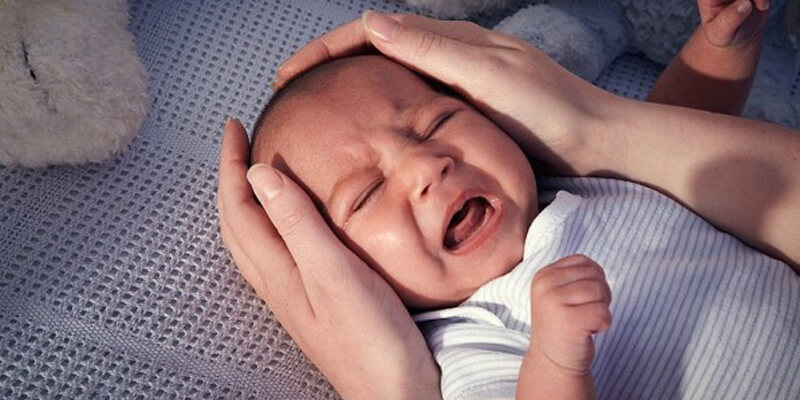
Calcium deficiency affects the central nervous system, slowing down nerve transmission and disrupting the production of calming chemicals that help the brain relax and induce deep sleep. As a result, your child may experience difficulty falling asleep, sleep restlessly, and startle easily, leading to crying spells.
Night Sweats
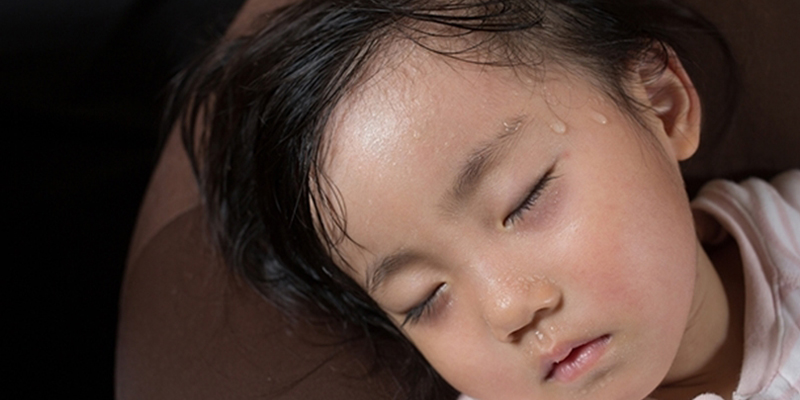
Infants with calcium deficiency tend to sweat profusely, especially at night. The forehead and neck are often the most affected areas, even in cold weather, and especially when they are sleeping. Parents should gently wipe their child’s body with a soft cloth to prevent chills from sweat.
Hair Loss at the Back of the Neck
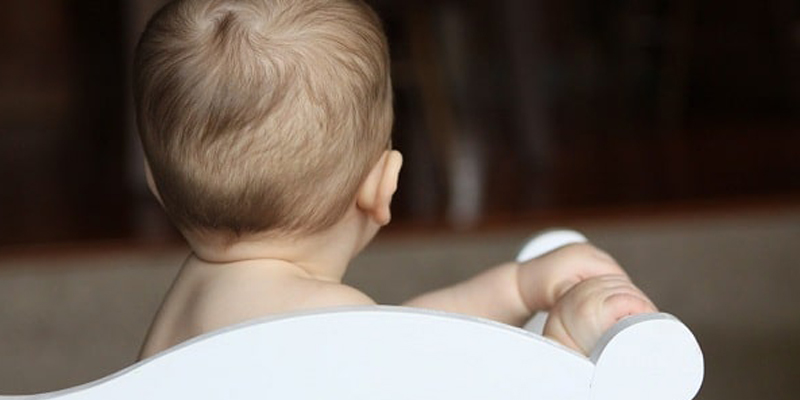
Hair loss at the back of the neck, known as “bald ring,” could be an early sign of rickets, primarily caused by vitamin D deficiency, which leads to calcium metabolism disorders. This condition is not only seen in malnourished children but also in those who appear chubby and healthy. Therefore, parents should be vigilant and consult a pediatrician if they have any concerns.
Sunbathing is an excellent way to help your child’s body produce vitamin D naturally, preventing calcium deficiency.
Delayed Closure of the Fontanelle
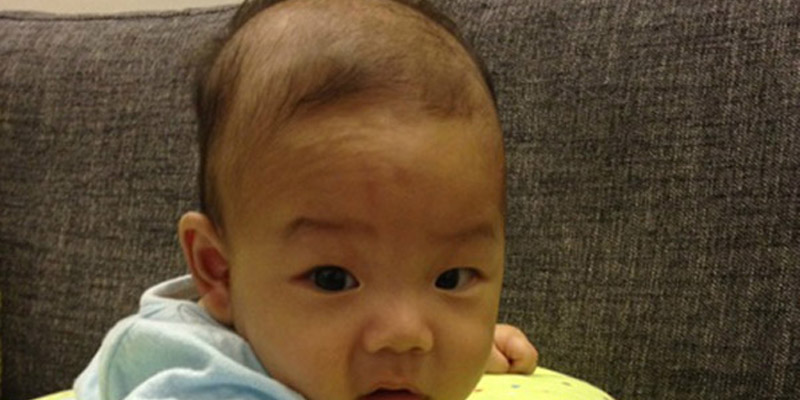
Typically, an infant’s soft spot, or fontanelle, closes within the first year. However, this process may be delayed in children with calcium deficiency. If your child’s fontanelle remains open after 12-18 months and exhibits additional signs such as a sunken soft spot, a square-shaped skull, fatigue, and delayed development, there is a high likelihood of calcium deficiency.
Weak Limbs, Delayed Walking, Slow Tooth Eruption, and Brittle Nails
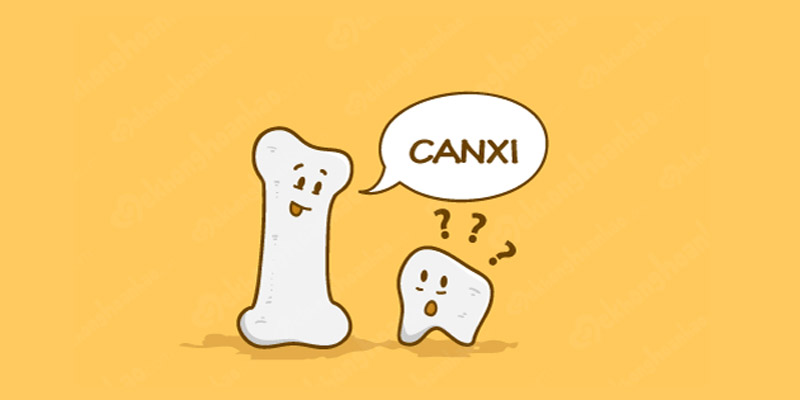
Calcium is crucial for the healthy development of your child’s bones, joints, teeth, and nails:
– Insufficient calcium can result in poor bone development, causing delays in walking and even deformities. Your child’s legs may appear bowed or knock-kneed, and their bones may be weak and joints loose.
– Calcium deficiency can also lead to delayed, misaligned tooth eruption and an increased risk of tooth decay.
– Nails require calcium to grow strong and healthy. A lack of calcium can make them soft, brittle, and prone to breakage.
Hiccups and Spitting Up
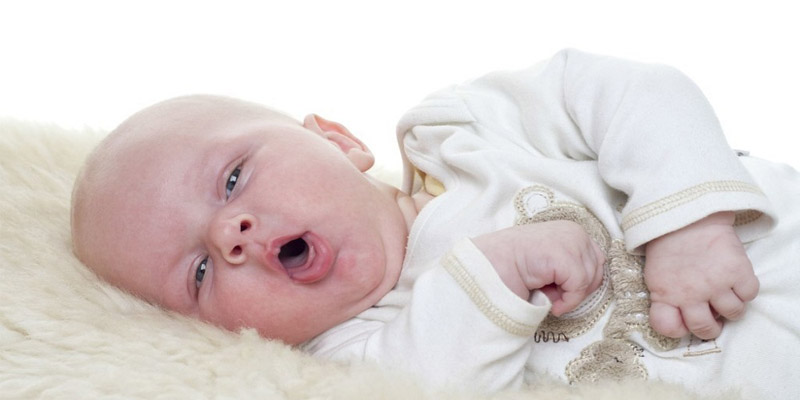
Hiccups and spitting up, or reflux, can be signs of calcium deficiency. In severe cases, your child may experience breathing difficulties, apnea (cessation of breathing), rapid breathing, tachycardia (increased heart rate), and even heart failure. These symptoms warrant immediate medical attention.
If you notice any of these signs in your child, consider consulting a pediatrician to assess their calcium levels and overall health. A professional evaluation is necessary to determine the exact cause and rule out other potential health issues.
Parents should ensure their children receive adequate nutrition and regular sun exposure to prevent calcium deficiency.
For more information, visit:
Reference: eva.vn

































